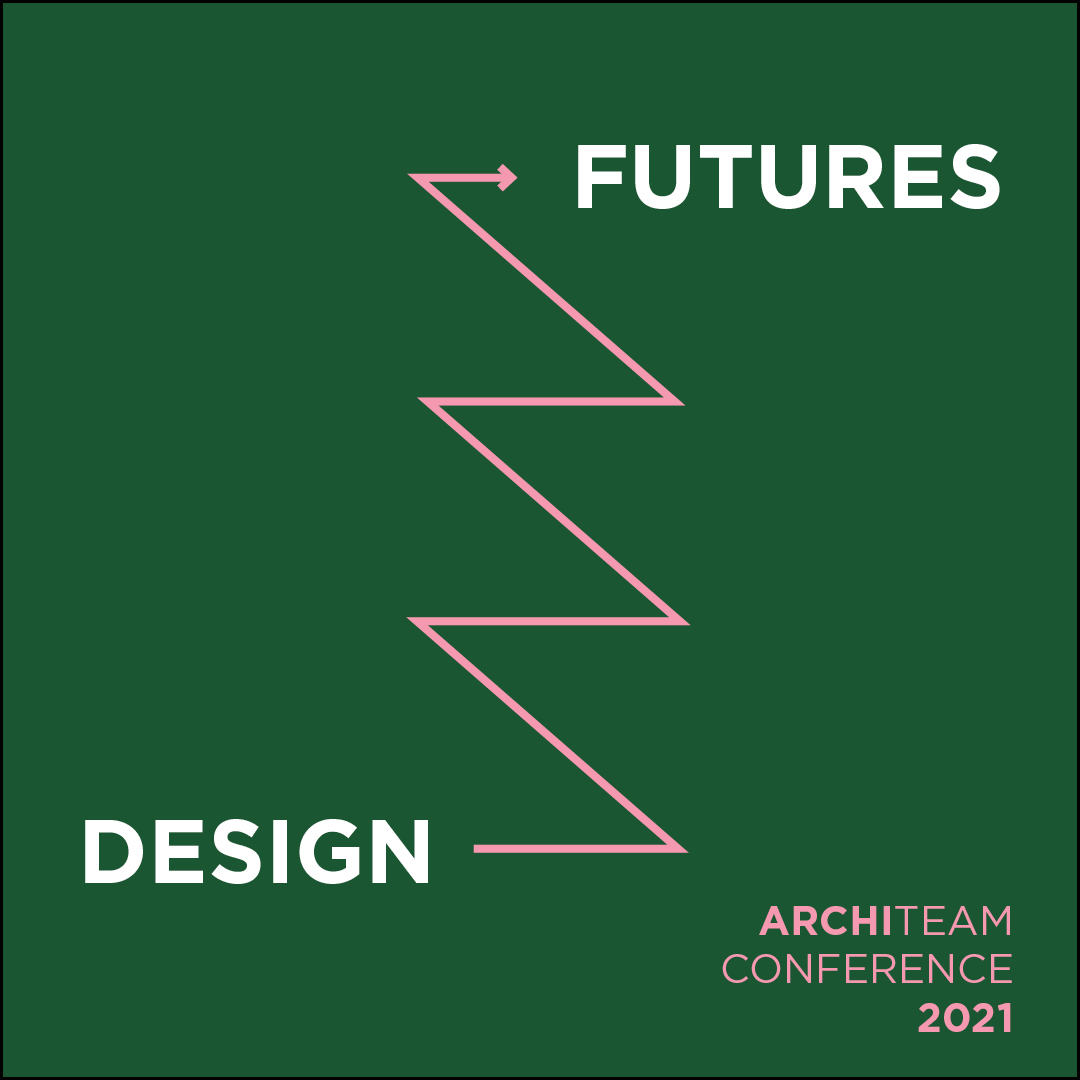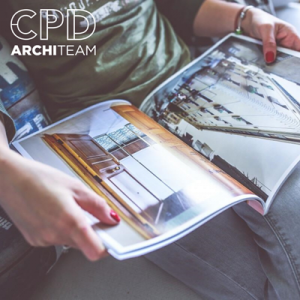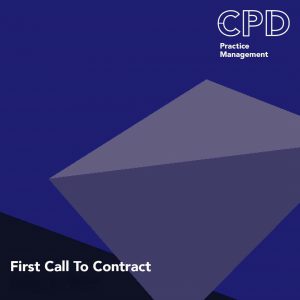
CPD – ArchiTeam 2021 Conference – Design Futures – Part 1/4
CPD – ARCHITEAM CONFERENCE – DESIGN FUTURES
Architecture by its very nature must take a position on the future. The very act of design is entirely about conceiving future space and the human interactions with that space. What design assumptions do architects need to rethink in the aftermath of a global pandemic?
- Key to this rethink will be a solid basis in economic reality. Architects are continually being asked to do more with smaller budgets, a challenge that will no doubt continue as our economy moves into a recovery phase.
- To consider the future we also must better understand our past. What lessons can be learnt from previous turmoil, economic downturns and natural disasters that might put our built environment on a more resilient and sustainable trajectory?
In considering these trajectories it is timely to think beyond the few buildings we produce to consider the broader legacy of design on communities.
Speakers
- Keynote – Jing Liu (SO–IL )
Jing Liu has been practicing for more than 15 years working on a wide range of projects both in the US and abroad. Through building practice and interdisciplinary research projects, Liu has led SO–IL in the engagement with the socio-political issues of contemporary cities — in projects like the Artists Loft North Omaha and the Martin Luther King, Jr. Library in Cleveland. Her projects range from artistic collaborations with contemporary choreographers and visual artists to master plan and major public realm design in cities like Melbourne and Indianapolis.
Liu brings an intellectually open, globally aware, and locally sensitive perspective to architecture. Her intellectual curiosity and artistic imagination allow her to bring a more nuanced cultural perspective to the table. Her keen skills in combining digital technology with traditional craft and firm belief in design’s ability to re-engage people with the physical world around them allow the buildings she designs to become places of exchange that welcome interpretation and transformation.
- Keynote – Antony Martin
Antony Martin started MRTN Architects ten years ago and has a reputation for their unique style and the recognisable homes created specifically for the families and individuals that live in them.
Award winning city, country and coastal homes that are sustainable and contemporary. Experienced in designing to local council requirements, including BAL and bushfire prone areas, they are also recognised for sensitive response to projects situated within heritage overlays. Their projects, regardless of scale or type, have in common a considered design approach that results in buildings that use materials wisely and are correctly oriented, sized and proportioned.
Antony believes in approaching all projects with an optimism for what is possible and enjoys sharing the process of designing with his clients. He is curious about how we think of our homes, how we use them now versus how they might be used in the future, the relationship of self and place and how to create meaning from where we live. It is this potential for architecture to engage with people and ideas that he sees as the future for architectural practice.
-
Panellist – David O’Brien
Dr. David O’Brien is a Senior Lecturer in the Faculty of Architecture, Building and Planning at the University of Melbourne. David has a keen interest in the links between construction processes and housing cultures – particularly the ways residents adapt post-disaster housing and self-managed incremental housing.
For 13 years David has coordinated the Bower Studio program working with remote communities in Australia and Papua New Guinea. His team links masters level students to work alongside community groups to design and build infrastructure such as culture precincts, health clinics, education facilities and composting toilets.
- Panellist – Laura Harding
Laura Harding is a Sydney based designer and writer who has worked with the studio of Hill Thalis Architecture + Urban Projects since 1996.
Her work encompasses a wide range of urban, multiple housing and architectural projects, many of which have received industry awards.
Laura’s architectural writing and criticism has been widely published in a range of architectural journals, news media and monographs, and she was awarded the Adrian Ashton Prize for architectural criticism in 2013.
- Panellist – Jacques Sheard
Whether a commissioned work from a heritage organisation, a grant funded documentary or a small visual piece purely initiated by self interest, the common driving force through every project is the filmmaker’s intense enthusiasm for the urban environment, past, present and future.
Jacques is also a chief writer and content provider for Footpath Guides, a series of architectural walking guides focussing on the historical built environment of Melbourne and Sydney.
ACCA COMPETENCY:
Practice Management – the holistic understanding and organisation of the business and profession of architecture in relation to delivering projects. It involves the knowledge and execution of the processes involved in providing architectural services; the knowledge and implementation of appropriate systems to establish and maintain an architectural practice; and the knowledge and enactment of the broad range of ethical and legal obligations required of a Professional Practitioner.
Project Management/Delivery – the proficient, timely and cost-effective completion of an architectural project through all design and construction phases. Project Delivery must take into account the range of contractual obligations carried by architects, clients, consultants and contractors. Project Delivery involves the evaluation and implementation of procurement systems as well as appropriate contractual administration systems. The establishment and operation of project teams as well as formalising of project agreements (such as with client, team/s and contractor) is critical to competent project delivery.
Documentation – the process of resolving, detailing and communicating an architectural project through all project stages. The modes of documentation include modelling, drawings, specifications and schedules that can be used in the construction, contract management and handover of the project. Documentation material must be consistent with design objectives and budgetary constraints, and must conform to relevant codes and industry standards. Where supplied by consultants, documentation compliance must be verified.
Design – an activity involving iterative explorations and appraisals of a range of ideas and concepts, leading towards the development of coherent proposals for a project. The design process extends from the evaluation of project viability to the conceptual and schematic resolution of a project in response to client, user and public requirements. The design process for a project is informed by appropriate social and environmental considerations of the architect.
(Ref: http://competencystandardforarchitects.aaca.org.au/about/units-of-competency)
LEARNING OUTCOMES
+ Gain an overview of a number of alternative ways of business for small and medium sized architecture practices
+Learn about ways of running your practice more efficiently and flexibly during uncertain times
+Gain insight in work life balance, working remotely and utilising others in your business
+ Learn from business and marketing professionals on how to build a more resilient and sustainable practice
POINTS: 2 Formal CPD points
$45.00 – $55.00


